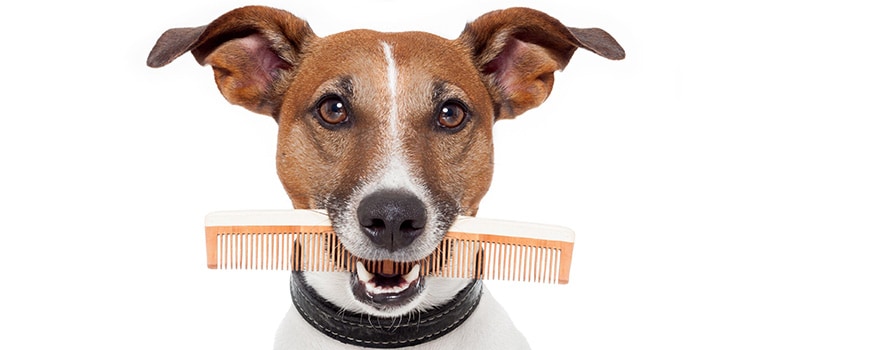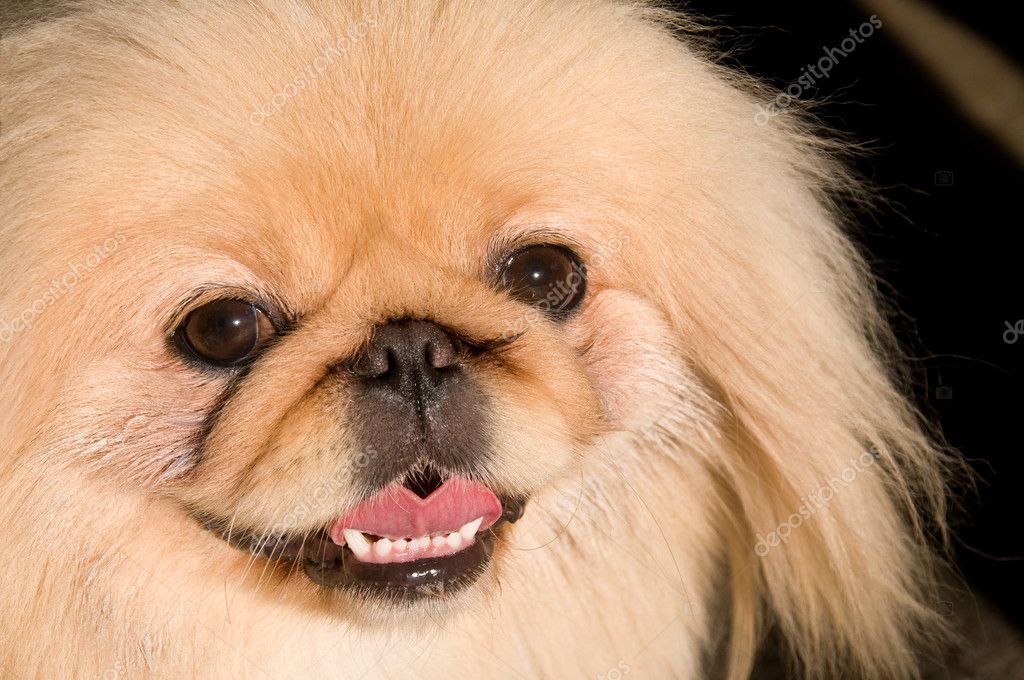This breed have the tendency to lose teeth at an early age, so it is important to know how to care for your Pekingese teeth right from the start. A good dental care on a long run will make your dog’s teeth last longer.
Baby Teeth
Between four and seven months of age, Pekingese puppies will begin to shed their baby teeth and show off new permanent teeth. Often, deciduous (baby) teeth, especially the canines (fangs), are not shed, so that the permanent tooth grows in beside the baby tooth.
If this condition persists for over a week, consult your veterinarian. Retained baby teeth can cause misalignment of adult teeth, and are of special concern in toy and brachycephalic breeds, such as the Pekingese.
Occlusion
Correct occlusion is important for good dental health. In a correct Peke bite, the top incisors should be behind the bottom incisors. This prognathic (undershot) bite is common to brachycephalic breeds. Too large a gap between the upper and lower incisors could cause eating difficulties or result in the tongue lolling out of the mouth.
Check for rotated teeth, seen most often in the upper jaw of brachycephalic breeds. Such teeth are more prone to increased plaque formation, and may need to be removed for the sake of oral hygiene.
Hygiene
Peking ese can have a problem with plaque and tartar accumulation, which worsens with increasing age. Dry food, hard dog biscuits, and rawhide chewies are helpful, but not totally effective, at removing plaque.
ese can have a problem with plaque and tartar accumulation, which worsens with increasing age. Dry food, hard dog biscuits, and rawhide chewies are helpful, but not totally effective, at removing plaque.
Brushing your Pekingese teeth once or twice weekly (optimally, daily) with a child’s toothbrush and doggy toothpaste is the best plaque remover. If not removed, plaque will attract bacteria and minerals, that will harden into tartar.
If you cannot brush, your veterinarian can supply a cleansing solution that will help to kill plaque-forming bacteria, as well as bad breath! You may have to have your veterinarian clean your dog’s teeth as often as once a year.
Neglected plaque and tartar can cause infections to form along the gum line. The infection can gradually work its way down the sides of the tooth until the entire root is undermined. The tissues and bone around the tooth erode, and the tooth finally falls out.
Meanwhile, the bacteria may have entered the bloodstream and been carried throughout the body, causing infection in the kidneys and heart valves. Neglecting your dog’s teeth can do more harm than causing bad breath—it could possibly kill your Pekingese.

